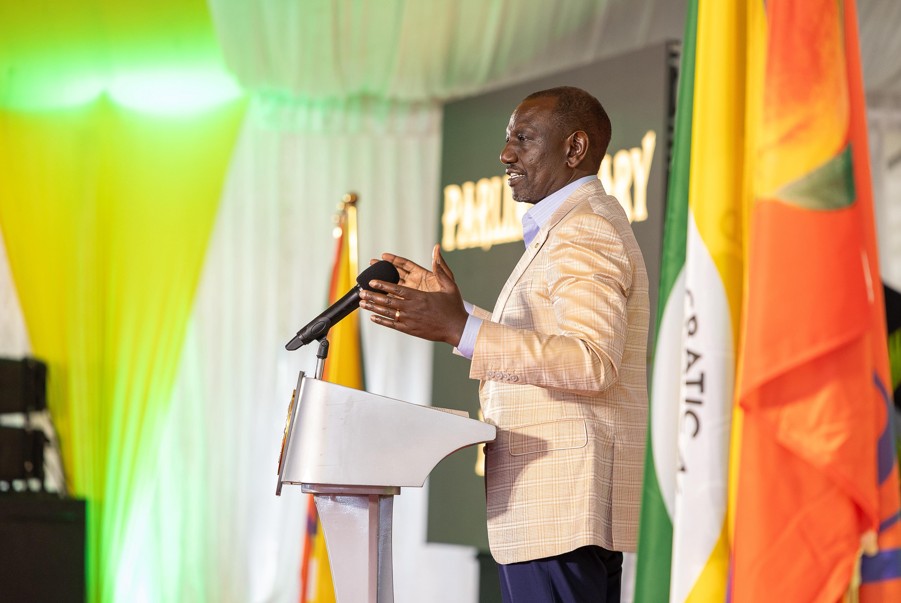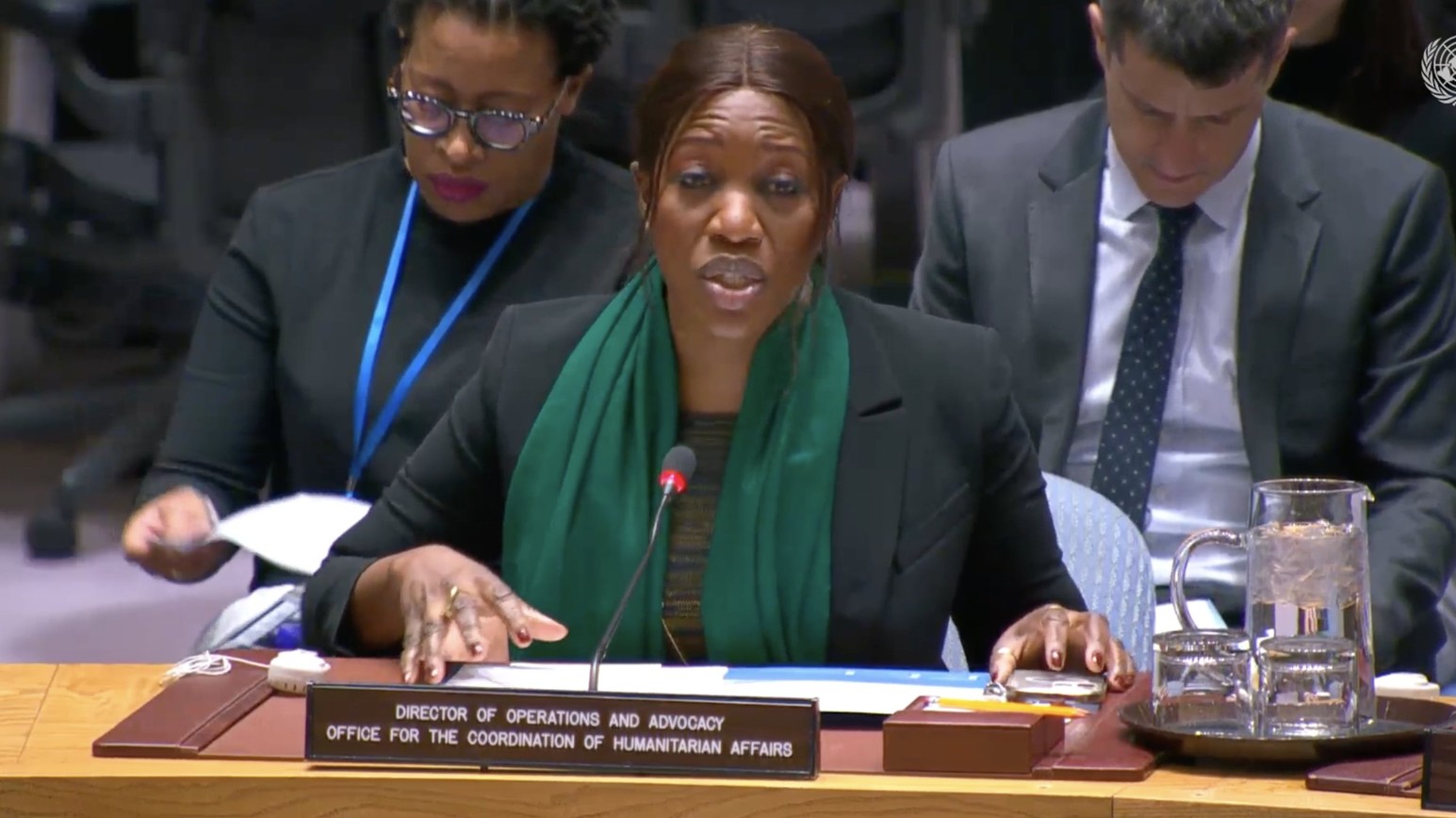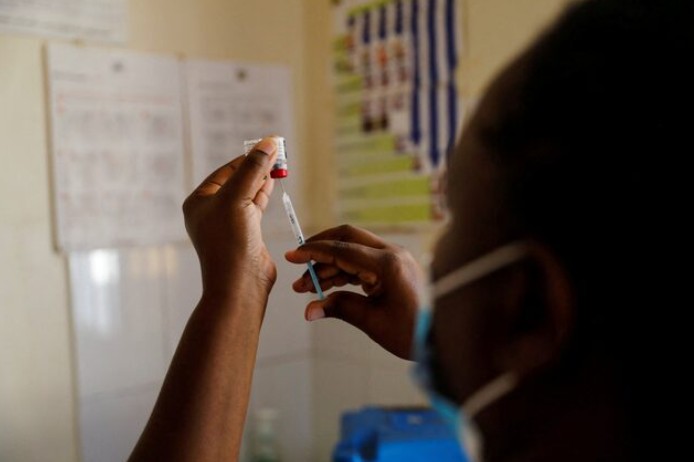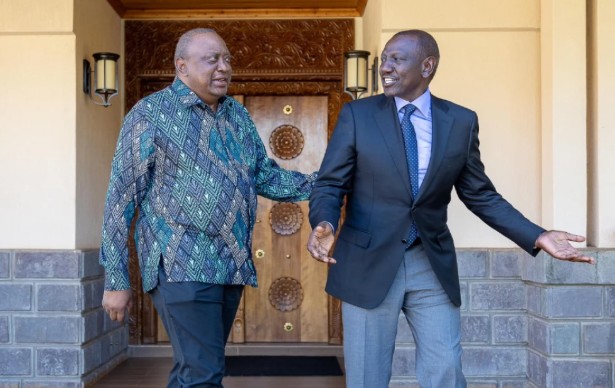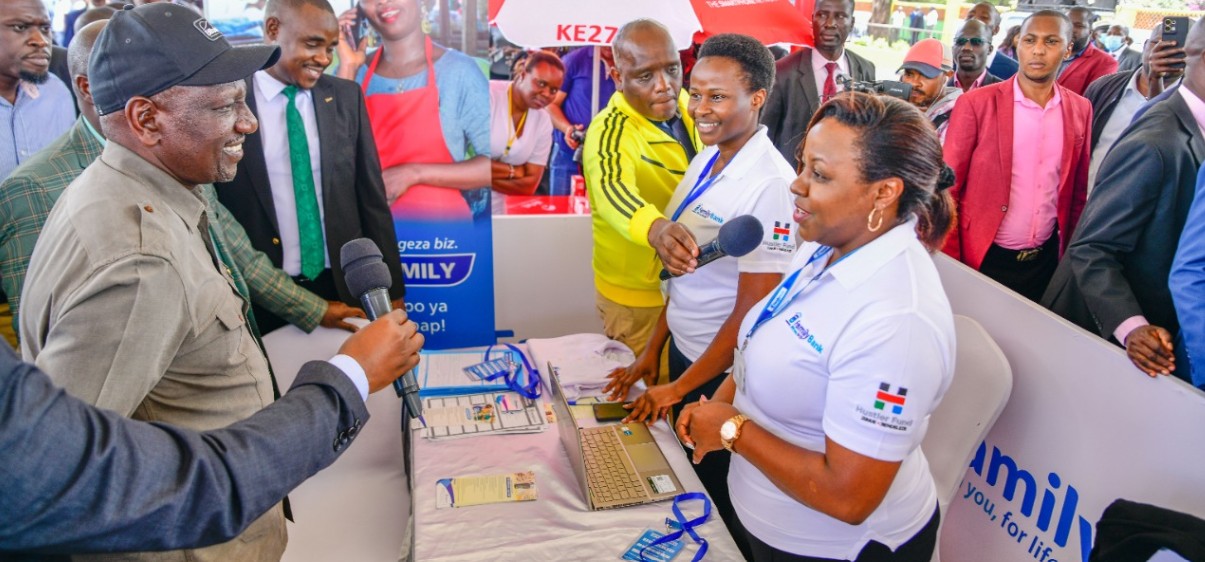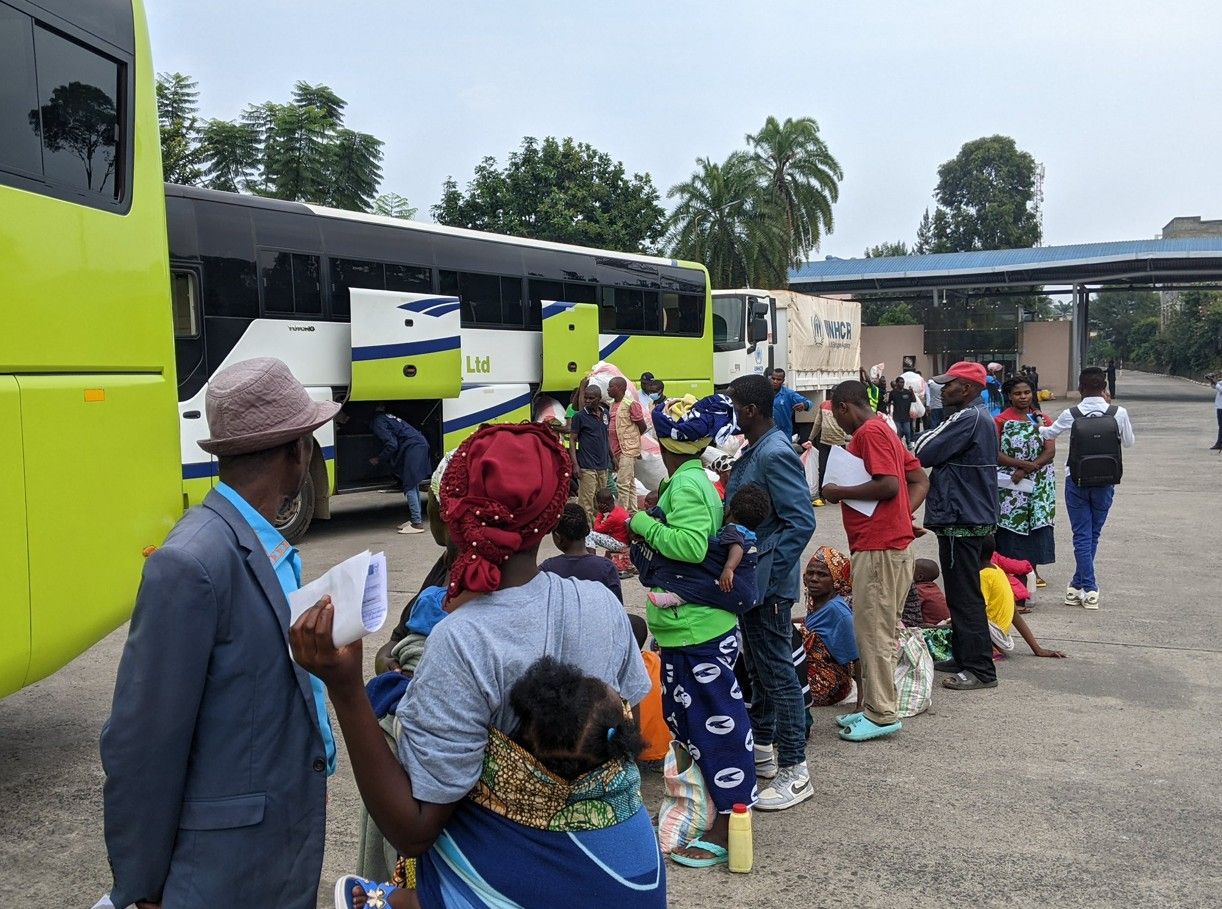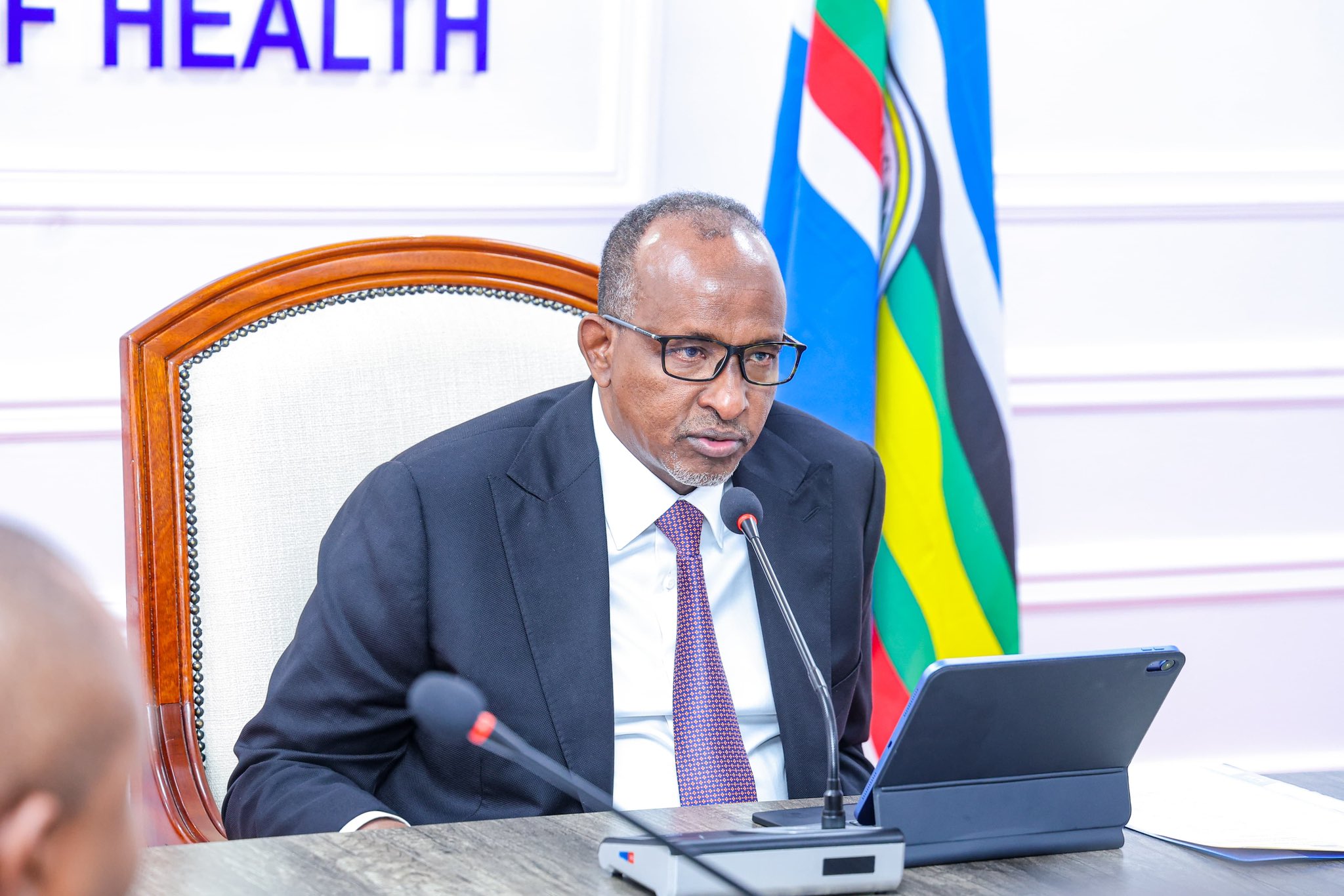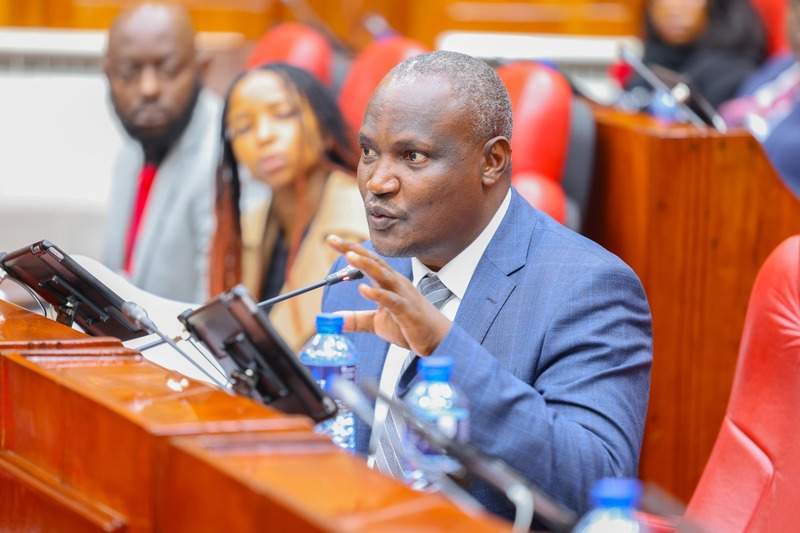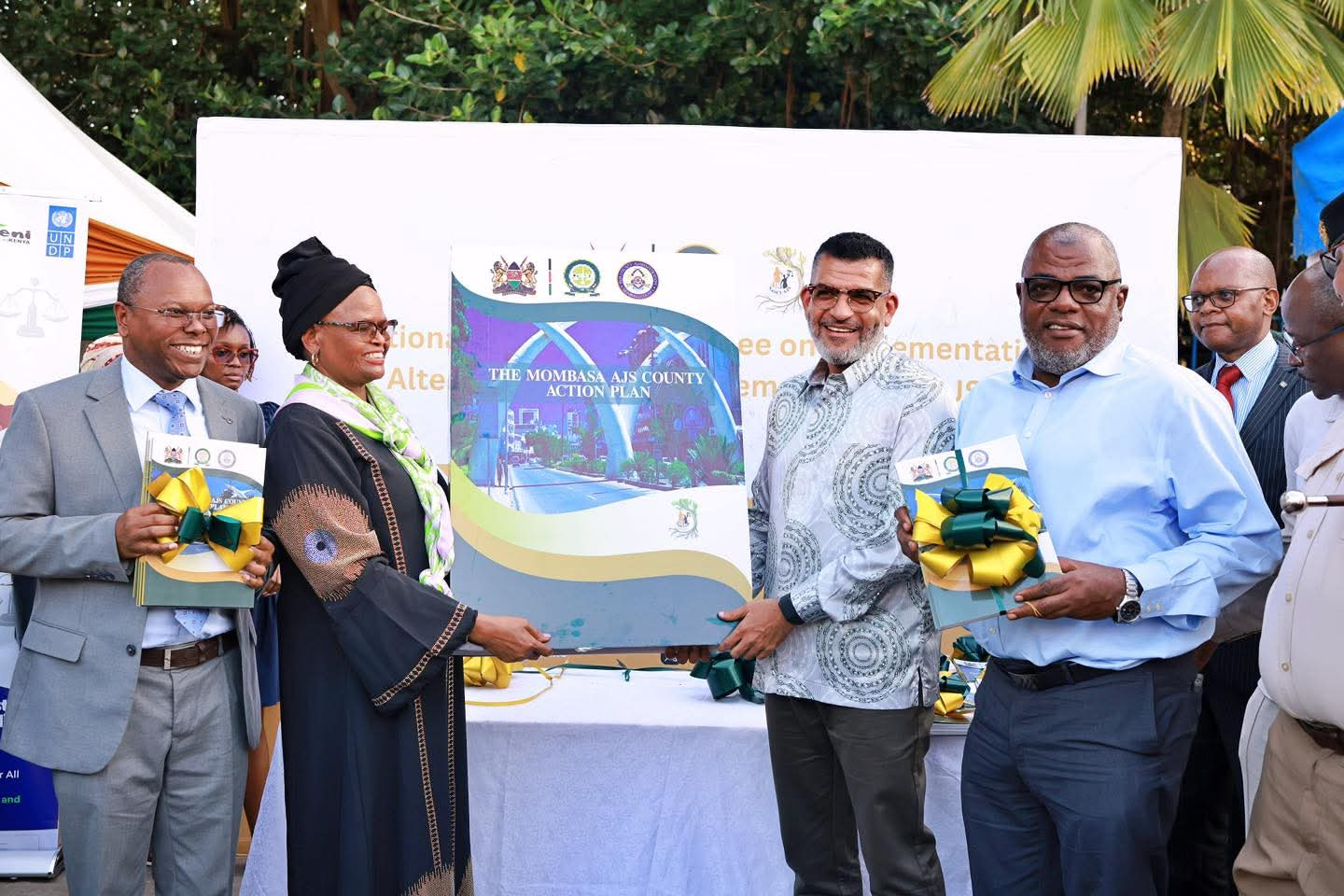TPLF accuses Ethiopia, electoral agency of undermining Pretoria deal, warns peace at risk
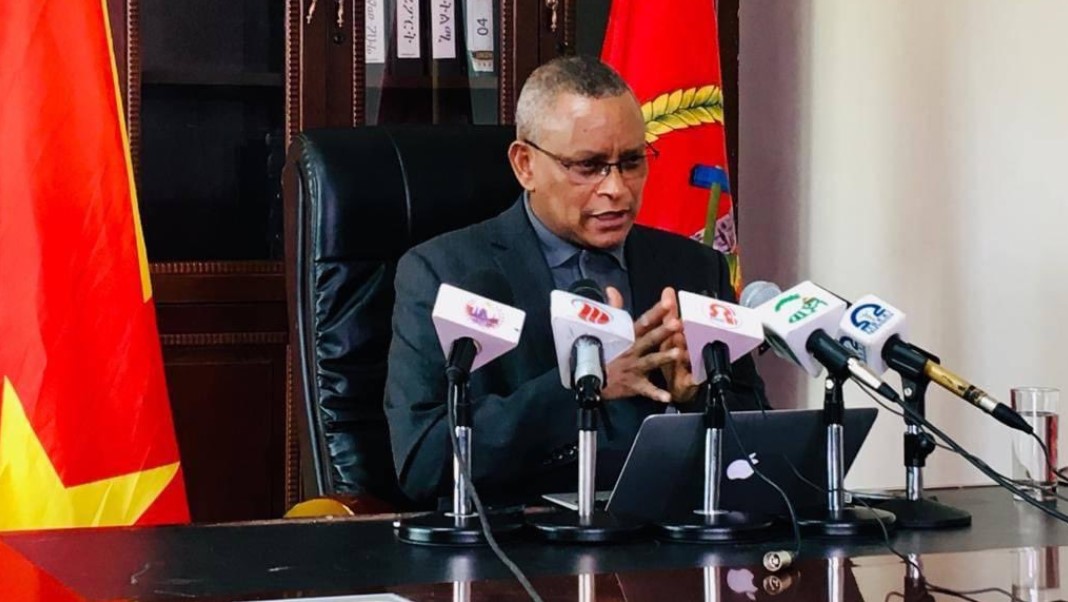
Citing NEBE’s continued threats to cancel its legal status, the TPLF has once again called upon the African Union, IGAD, and the broader international community to “take responsibility for enforcing the Pretoria Agreement”.
The Tigray People’s Liberation Front (TPLF) has again accused the Ethiopian government and the National Election Board of Ethiopia (NEBE) of violating the Pretoria Agreement, warning that denying the party legal status threatens the fragile peace.
In a statement released late Friday from its head office in Mekelle, the capital of Tigray region, the TPLF said that its legal status was unjustly revoked in early 2021 during the height of the two-year brutal war in the Tigray region.
More To Read
- Nearly 50,000 people at risk, over 9,000 livestock perish as drought worsens in Tigray
- Extrajudicial killings, torture, mass detentions: US 2024 report paints grim picture on Ethiopia’s record
- Egypt vows not to give up its Nile water rights despite Ethiopia's Grand Dam completion
- AfDB to lead Sh1 trillion funding drive for Ethiopia’s new airport
- Severe aid cuts endanger lives in Ethiopian refugee camps hosting over 395,000 South Sudanese
- Ethiopia sentences five people to death for human trafficking in landmark ruling
“The Pretoria Agreement is the primary legal document directly linking our organisation and the FDRE government,” the statement read. “Denying our legal recognition undermines the very foundation of the peace accord.”
The party accused NEBE of acting contrary to the spirit and content of the agreement, saying the Board “continues its political stance that undermines trust under the guise of ‘legal cover’.”
The TPLF argues that the November 2022 Pretoria Cessation of Hostilities Agreement (CoHA), signed between the TPLF and the federal government, grants a de facto restoration of its legitimate status as a party.
The Pretoria Agreement also paved the way for the establishment of the Tigray Interim Administration in March 2023, in which the TPLF held 51 per cent representation.
The electoral board, which revoked the TPLF’s registration in January 2021, citing the party’s role in armed conflict, maintains that the amended Political Parties Registration Proclamation does not provide grounds for reinstating previously outlawed entities.
NEBE insisted the party must re-register under the current legal framework, a stance the TPLF adamantly rejects, but only after its leader, Debretsion Gebremichael, received a certificate from the board.
“Our organisation never requested to register as a new party,” the TPLF said. “We are demanding the restoration of our previously recognised legal status based on the Pretoria Agreement.”
The party continued to argue that even the African Union Panel, one of the Pretoria Agreement’s mediating bodies, recommended that its legal status be reinstated, but noted that the panel has failed to reconvene to evaluate the situation and enforce its recommendation.
The TPLF has since maintained that NEBE’s refusal to reinstate its legal status contradicts both the letter and spirit of the Pretoria Agreement. It contends that the Board is “selectively interpreting laws and that new proclamations aimed at re-registering political groups do not apply to it.
In May 2023, the TPLF formally requested that its original registration be restored. NEBE responded by stating that existing law does not allow for such reinstatement, only new registration. The party has categorically refused to comply.
“This may work for other groups like Fano who are not established as a party before,” TPLF stated at the time, “but it can’t be applicable to us.”
The latest confrontation stems from NEBE’s February 13, 2025, decision to suspend the TPLF from political activities for failing to hold a general assembly. NEBE said the party failed to comply with legal requirements following its “special registration” on August 9, 2024, under Proclamation No. 1332/2016. The Board warned that the party’s registration would be cancelled if it failed to take corrective action within three months.
Subsequently, the NEBE had repeatedly reminded the party to conduct its general congress, approve bylaws, and elect leadership, requirements that the board says were unmet.
However, the TPLF insists it never accepted the registration certificate issued on August 9, claiming it was inconsistent with the terms of the Pretoria Agreement.
“Perhaps NEBE refers to revoking the certificate it claims to have issued on August 3, 2024, which we never accepted,” the party stated. “Saying it will revoke recognition that was never reinstated is meaningless,” its statement from last night reads.
The TPLF revealed, for the first time, that it had postponed its 14th regular congress in July 2024 after Prime Minister Abiy Ahmed and other federal officials suggested its legal recognition would be restored before the congress was held. However, the party said the promise was not honoured.
“After waiting all this time, the response we received broke the promise made,” the TPLF said. “The legal framework for re-registration also imposes restrictions on our organisation, unlike any other Ethiopian political party.”
Despite the rejection of its request, the TPLF proceeded with its 14th regular congress in August 2024, a congress that effectively split the party into two.
Citing NEBE’s continued threats to cancel its legal status, the TPLF has once again called upon the African Union, IGAD, and the broader international community to “take responsibility for enforcing the Pretoria Agreement”.
“The electoral board can only administer to us when it grants us the recognition we have requested and is our right,” the statement asserted. “We call upon the international community to fulfil their political, legal, and moral obligations to ensure the full implementation of the Pretoria Agreement.”
“The Pretoria Agreement is the apple of our eye. Our organisation and the peace-loving people of Tigray will continue to work in good faith to implement it.”
Top Stories Today
